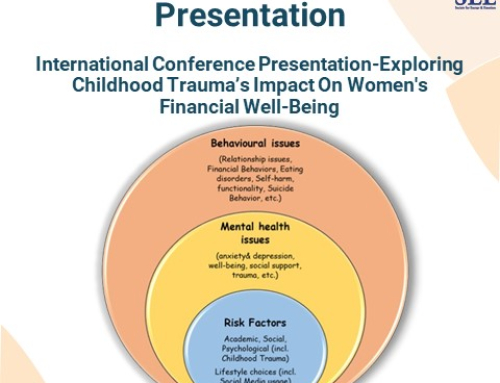Adult Relationships issues and Adverse Childhood Experiences
Presenting problem and the source of the problem
We work with many individuals seeking relationship guidance, often individually, and at times together. The presenting problem is often the “spouse” or his/her behaviour impacting the relationship. Even if both the partners agree they need to work on the marriage, the expectation from us is to provide specific guidance on how they can go about it.
One of the several aspects we probe in such situation is the childhood experiences (or programs or conditioning) of both the individuals involved in the relationship. The evidence below provides more robust framework.
Evidence of the impact of adverse childhood experiences on the adult intimate relationships
- Abused and/or neglected children report significantly higher rates of relationship disruption (walking out or divorce) compared to adults without such neglect or abuse histories[1]. It is believed that “neglected” child, as an adult, is less likely to communicate his/her wishes and needs to his partner. This could be because, as a child, his/her needs and feelings have been neglected[2]. In simple words, the “neglected child”, as an adult is more likely to be emotionally unavailable to the spouse compared to the child who has been cared for.
- The evidence confirms that the intimate relationships of adults maltreated as children differ from those of other adults in stability and quality. Moreover, the impact is independent of the partner’s characteristics or the behaviours[3].
- The stress, as many believe, impacts the marriage over time, however, the research has identified that some couples may be better able to maintain the quality of life as compared to other. Specifically, those individuals who recall little family stress in the childhood are more stable in their marriage over time, even with fluctuating levels of stress. This has been established by research and the evidence indicates that the individuals who have experienced high level of family stress in the childhood are more reactive to fluctuating levels of stress in the adulthood.
So what?
The evidence and our own case studies validate the need to address the “emotional foot prints” of adverse childhood experiences such as abuse, neglect or household challenges. Many individuals feel this is unwarranted, however, the scientific evidence points to the need to identify and address such experiences’ impact on the emotional health and behaviour. While it is fair that many clients feel what happened 2 or 3 or 4 decades ago has no relevance, the reality is different and hence the attempt to share some of the findings of such experiences in the childhood specifically on adult relationships.
References:
[1] Colman, R. A., & Widom, C. S. (2004). Childhood abuse and neglect and adult intimate relationships: a prospective study. Child abuse & neglect, 28(11), 1133–1151. https://doi.org/10.1016/j.chiabu.2004.02.005
[2] Paradis, A., & Boucher, S. (2010). Child maltreatment history and interpersonal problems in adult couple relationships. Journal of Aggression, Maltreatment & Trauma, 19(2), 138-158.
[3] Nguyen, T. P., Karney, B. R., & Bradbury, T. N. (2017). Childhood abuse and later marital outcomes: Do partner characteristics moderate the association?. Journal of family psychology : JFP : journal of the Division of Family Psychology of the American Psychological Association (Division 43), 31(1), 82–92. https://doi.org/10.1037/fam0000208








Leave A Comment